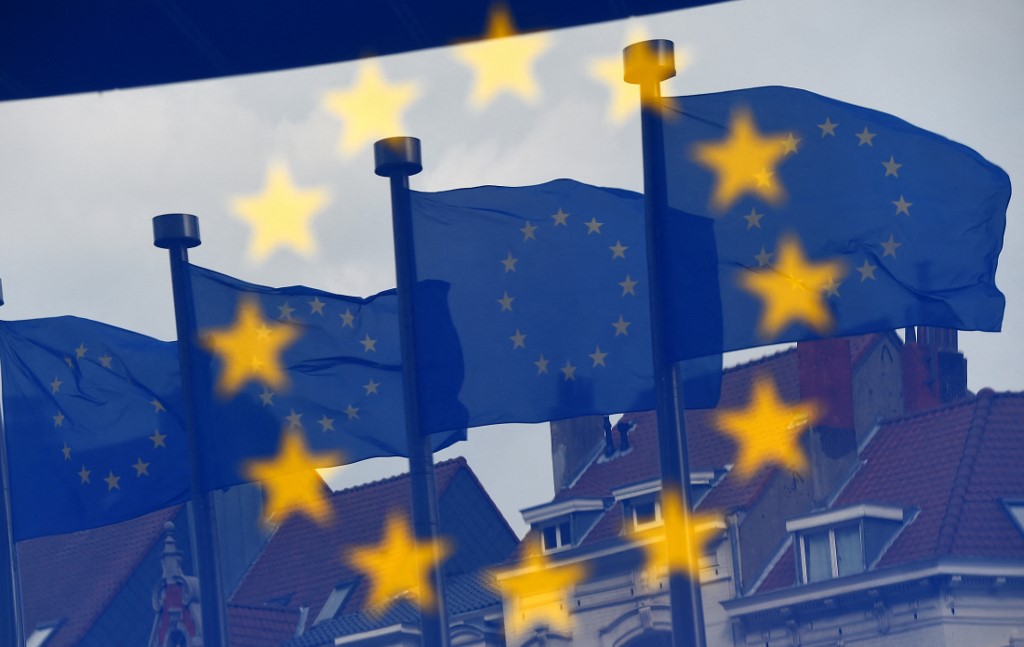
Expanded Erasmus Programme Could Bring Economic Migrants, Terrorist Threat to Europe
The European Commission has put forward a proposal to extend the Erasmus programme and Horizon Europe scientific cooperation scheme to the Middle East and North Africa. Experts say this opening is far from without risks, as students from some countries may not come to Europe with the pure intention of studying.
The initiative, referred to as a new Mediterranean Pact, would allow students from Algeria, Jordan, Lebanon, Libya, Palestine, Israel, Morocco, Syria, Tunisia, and Egypt to participate in the programme.
This proposal effectively grants a one-way ticket to Europe for every “student” from these countries who receives permission to enter the European Union under the Erasmus framework, according to the Brussels Signal. The outlet emphasized that
these students are unlikely to come because of European “values”, but like many of the fake asylum seekers of the past decade, are likely to be economic migrants. There is also the risk that, instead of studying, they may simply be seeking a visa.
The “Pact for the Mediterranean”, the European Commission’s new initiative, is spearheaded by Kaja Kallas, the EU’s High Representative for Foreign Affairs and Security Policy.
The pact declares that Mediterranean countries – meaning the European Union and the “Southern Neighbourhood” countries of Algeria, Egypt, Israel, Jordan, Lebanon, Libya, Morocco, Palestine, Syria and Tunisia – all share “one sea, one pact, and one future.”
However, many questions arise regarding this pact. Firstly, it hardly qualifies as a “pact”, as no country apart from the EU has actually signed it. Moreover, the text begins with a footnote: Palestine is marked with an asterisk, and a note clarifies that this does not constitute recognition of a Palestinian state.
COMMENT: Brussels is looking to expand its Erasmus student programme to North Africa and the Middle East. Any right-populist immediately understands what will come of this, writes @AJConstantini. https://t.co/SOHyGLX3PE
— Brussels Signal (@brusselssignal) October 24, 2025
If someone enters a Western country on a student visa, it is very difficult to deport them.
Brussels has opened its doors to dangerous countries precisely at a time when a growing number of Europeans are beginning to realise that mass migration is an outdated concept, and that many newcomers do not wish to assimilate but rather to replace local culture with their own.
They appear to believe deeply that the West has “a shared future” with these newcomers, and that if they simply persist with the same approach, they will succeed, and the new migrants will eventually assimilate.

